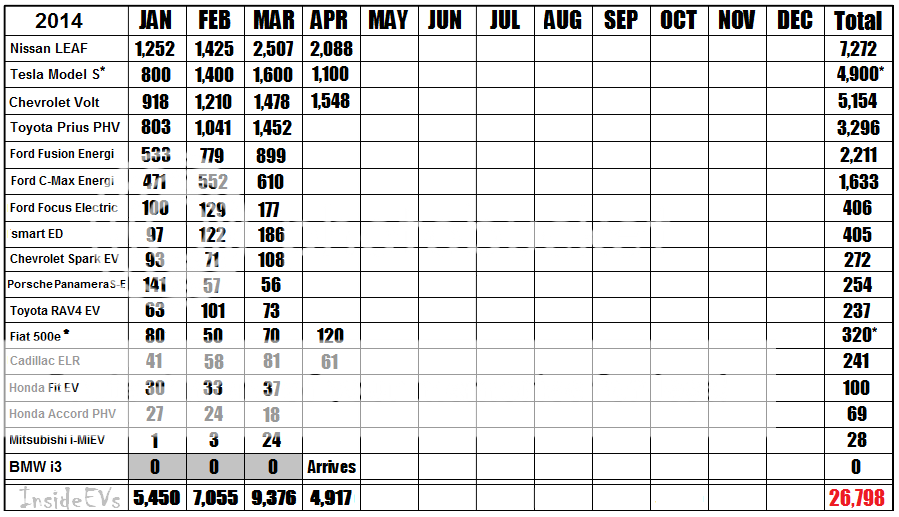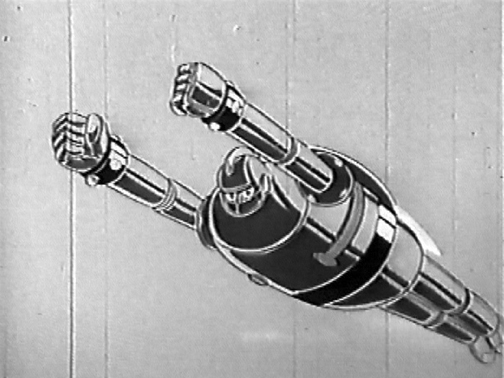2aguy
Diamond Member
- Jul 19, 2014
- 111,956
- 52,217
- 2,290
So, electric cars are not the green fix the greenies were dreaming of....how long after we are all forced into electric vehicles before they too will become enemy #1....
Study Finds All-Electric Cars Aren t Very Green At All - Leah Barkoukis
Study Finds All-Electric Cars Aren t Very Green At All - Leah Barkoukis
The AP reports:
"It's kind of hard to beat gasoline" for public and environmental health, said study co-author Julian Marshall, an engineering professor at the University of Minnesota. "A lot of the technologies that we think of as being clean ... are not better than gasoline."
The key is where the source of the electricity all-electric cars. If it comes from coal, the electric cars produce 3.6 times more soot and smog deaths than gas, because of the pollution made in generating the electricity, according to the study that is published Monday by the Proceedings of the National Academy of Sciences. They also are significantly worse at heat-trapping carbon dioxide that worsens global warming, it found.
The study examines environmental costs for cars' entire life cycle, including where power comes from and the environmental effects of building batteries.
"Unfortunately, when a wire is connected to an electric vehicle at one end and a coal-fired power plant at the other end, the environmental consequences are worse than driving a normal gasoline-powered car," Ken Caldeira of the Carnegie Institution for Science told AP.


 fantasyland
fantasyland




